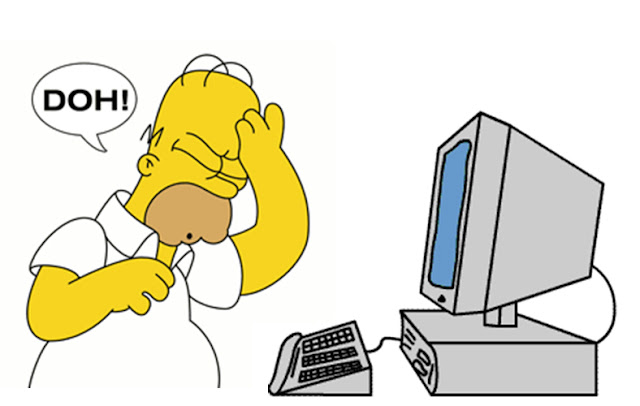The Game of Mistakes
I am fairly convinced that chess is practically a game of mistakes. Either player has an almost equal chance of winning the game except for that slight advantage that the player with the White pieces has at the beginning of the game. With perfect play, any chess game is theoretically drawn.
I believe that winning in chess mostly depends upon one player making even just one mistake at a critical point in the game and his opponent noticing that and capitalizing on it. Of course, one mistake does not always spell disaster for the one who made it. There is a sliver of hope for him if he is able to defend his position well with enough skill and technique or if his opponent, having gained a winning position, gets too high and pumped up, forgets to play good chess, and throws away his advantage.
There are definitely some instances when you think you may have won the game because your opponent blundered his queen or any of his other pieces but it is not always a clear win especially if your opponent has a good position and very active pieces. Oftentimes, it is said that the most difficult thing to do in chess is to seal the win when you have a winning position or advantage. This takes a lot of patience and technique to do but as I have done before, I would lose a game when I thought I was winning because I became too overconfident.
Now, let me show you a game in which I thought I was lost because I had blundered my queen but then my opponent became flustered and eventually threw away his advantage and the game.
Perhaps, it was because my opponent had been impatient and wanted to beat me already that he eventually blundered his knight and left me with three active pieces against his lone queen but as can be seen from the example that mistakes are not always going to lead to your demise. You can always try to aim for a comeback and play solidly, slowly repairing your position and making one good move after another.
Basically, what I am trying to illustrate with the example is that you do not always have to give up when you make mistakes because you might still have hope to salvage your game and get at least a draw in the end. Another thing I want to point out is that in the game chess, spotting blunders, mistakes, and even tiny inaccuracies made by your opponent will be key to slowly gaining an advantage over him and eventually, when you have accumulated enough small advantages and slowly improved your position, you could end up with a favorable result in the end.
However, there are just some mistakes of epic proportions that are irreparable beyond compare and would simply warrant resignation. Of course, nothing is stopping you from playing to the death and watching your pieces suffocate and plead for mercy. What matters is that at the end of the day, you enjoyed playing chess and even though you made mistakes along the way, you learned from those mistakes and try to improve your game and the way you think on and off the board.
Again, as it is in life, we make mistakes but we should not sulk and mope about them, right? Instead we should keep moving forward and keep on living. So in chess, when somebody beats us, it would be best to discuss and analyze the game with him/her so that we can both learn from that game and so that we can improve. When we make a mistake, we should not overthink and let it overwhelm us because it can give you a lot of stress and too much stress is very unhealthy. We should rather keep a very optimistic attitude toward losing and graciously accept that the other person bested us. So, let us learn from our mistakes and hope that we would not make the same again.



Comments
Post a Comment